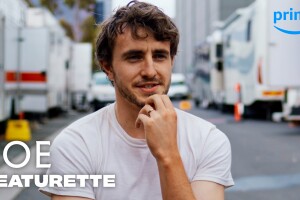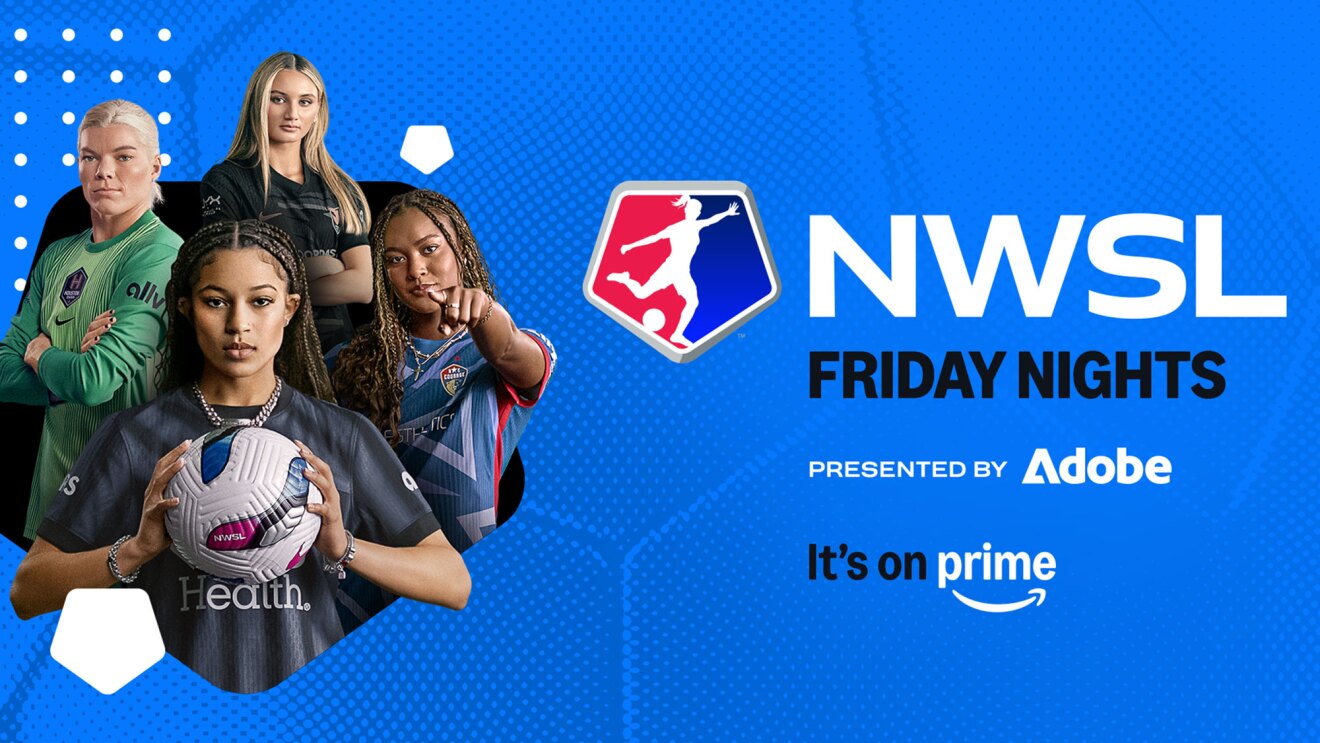Tyler Perry’s fans know him for a lot of things. He’s the billionaire owner behind the most palatial film production studio in the country, he’s an abuse survivor who has a huge and loyal following (particularly in the Black church community), and he’s also an actor, a filmmaker, and a playwright.
What fans may not know is how much of a role his mother, Willie Maxine Perry, played in his success, and how her 2009 death nearly made him walk away from Hollywood for good. All of this and more is captured in the edifying new Prime Video documentary Maxine’s Baby: The Tyler Perry Story, which premiered at No. 1 on the service and is now streaming.
Directors Gelila Bekele and Armani Ortiz shadowed Perry for the better part of a decade, capturing his professional and personal highs and lows, while also showing his progression from homeless playwright in the late 1990s to one of the most successful film and television producers in the entertainment industry.
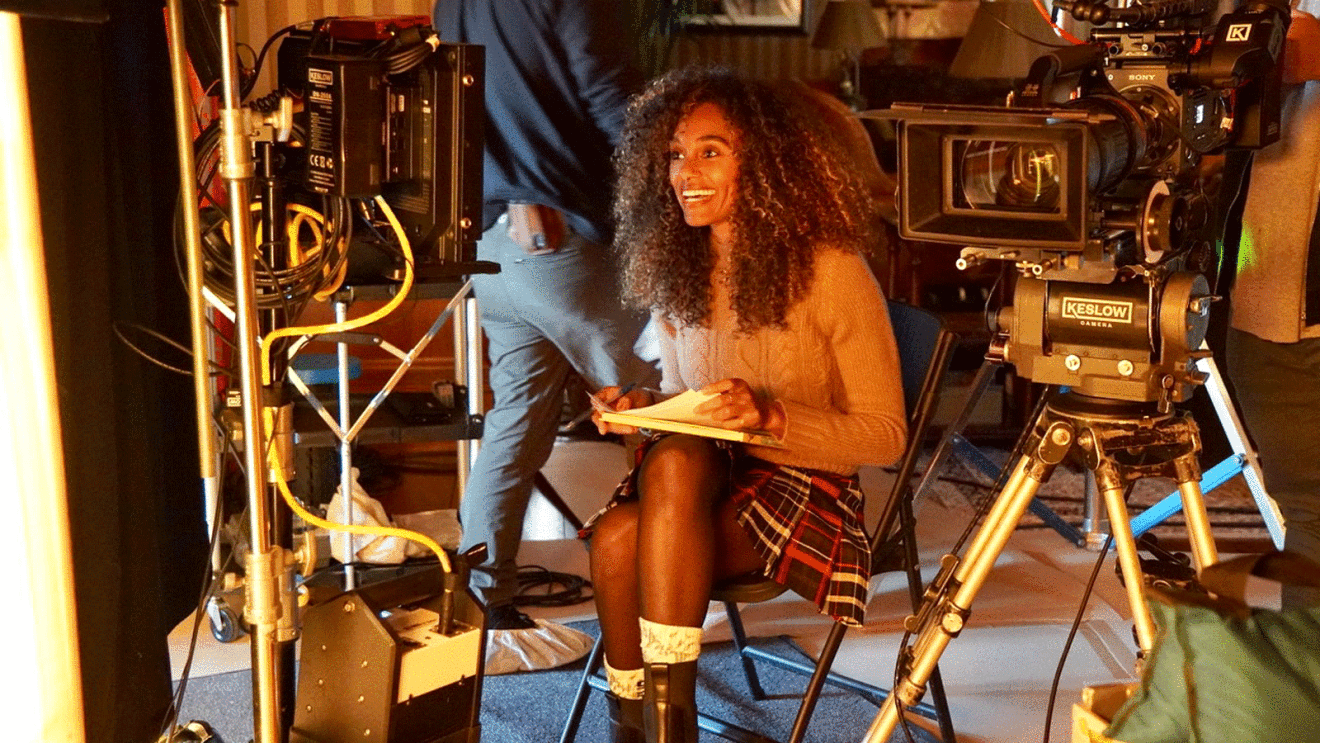 Director Gelila Bekele
Director Gelila BekeleIt’s a polarizing level of fame that has brought boundless praise and increased criticism, and both sentiments are well documented in Maxine’s Baby. The film also includes interviews with Perry’s friends Oprah Winfrey, Whoopi Goldberg, Gayle King, William Morris Endeavor’s Ari Emanuel, and Lionsgate president Michael Paseornek.
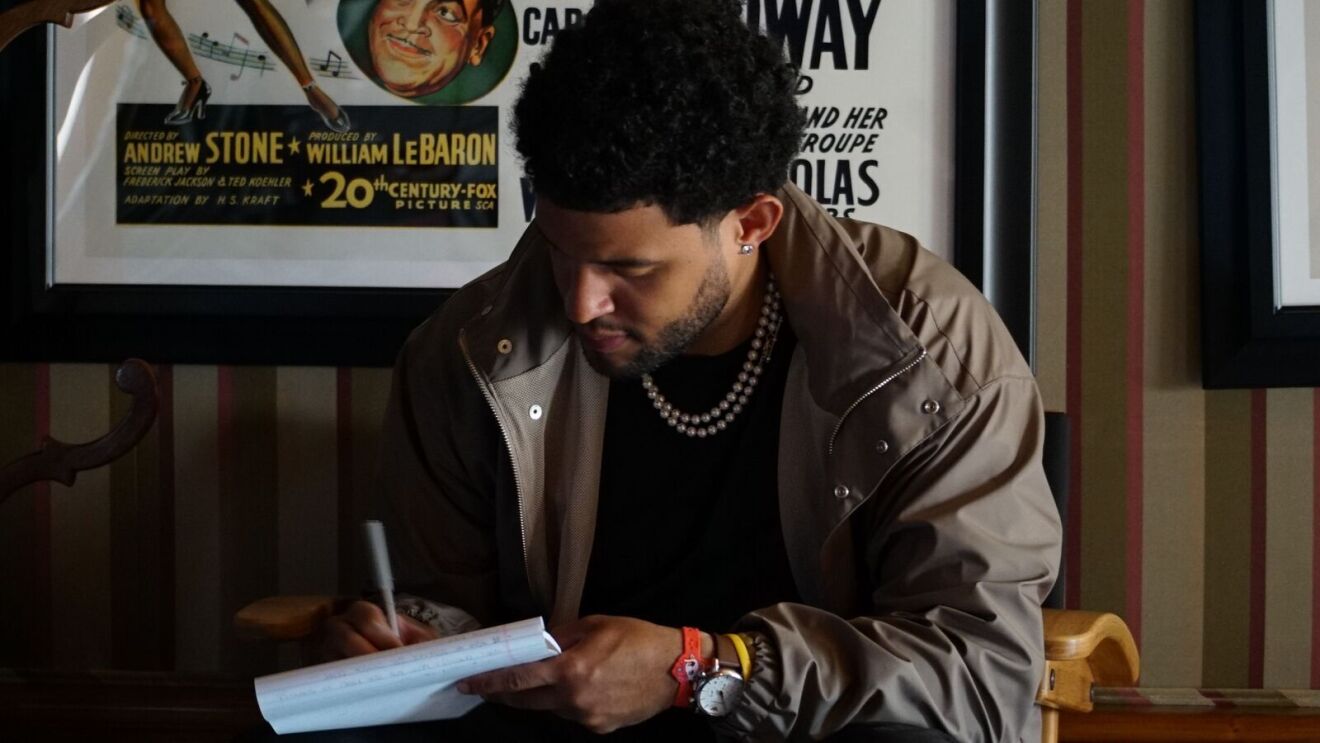 Director Armani Ortiz
Director Armani OrtizAt the recent CultureCon ’23, a conference for Black creatives, Bekele (who has a son with Perry) and Ortiz talked about the film, why they made it, and how they’re hoping it truly captures Perry’s legacy. Here are all the details.
What is this film about?
Bekele: Those who already follow Tyler and are already fans get to see a different perspective of who this man is. It takes viewers back to where he came from and the reason behind the success. We also pay homage to what came before him. The historical context of the Chitlin’ Circuit and the story of New Orleans. A boy who survived what he did and became who he is. I feel like there’s something for everyone in the documentary. We didn’t shy away from the critics. A lot of people love his work, and some also dislike his work. Hopefully, we created a place for polarity so people can have conversations.
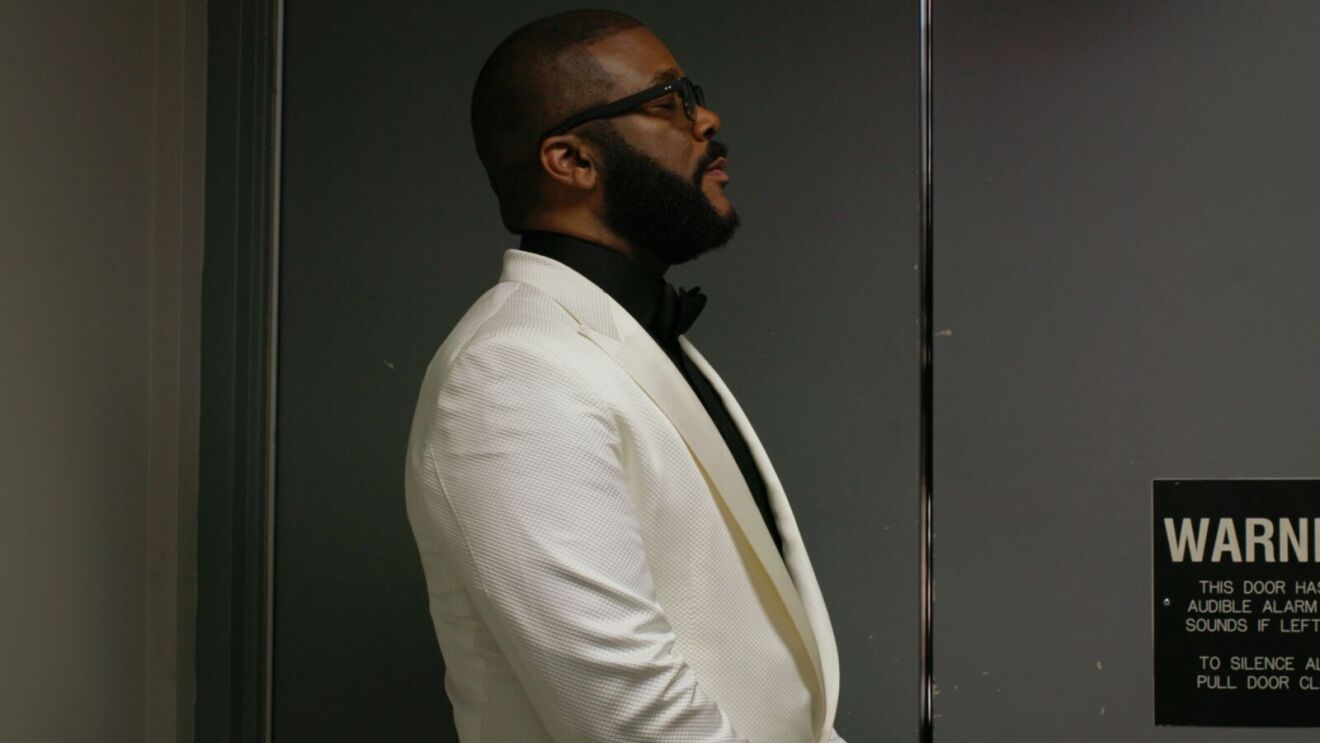
Ortiz: At the end of the day, it’s about his mother. That’s a big motivation for a lot of us, if not all of us. We want to be the proud moment for our mothers and everything they sacrifice and endured for us to succeed, when you see TP [Tyler Perry] talk about his mother and the reason why he does these things, the reason why he works so hard and the reason why he sacrifices, it’s a beautiful thing.
How did you become involved in this project?
Ortiz: As creators, sometimes something just compels you to tell the story. And when Gelila approached me to help her with this vision of hers, I was like ‘OK.’ I really didn’t know that much about TP and thankfully, after being with him every single day for 10 years and filming, not only did I get to work on the craft, but I got to know him and his story a little bit more, and it was beautiful.
How did you gain Tyler Perry’s trust?
Ortiz: If you’re working with anyone who is creative, you never want to impose yourself and you never want to be like, ‘Tell me this answer right now about the craziest part of your life.’ It doesn’t work that way. You just have to, little by little, be like, ‘I’m here whenever you want to share and discuss. Whenever you want to explore. Or if you just want a soundboard, we’re here to service your story.’ As opposed to, ‘I’m here to do something for me.’
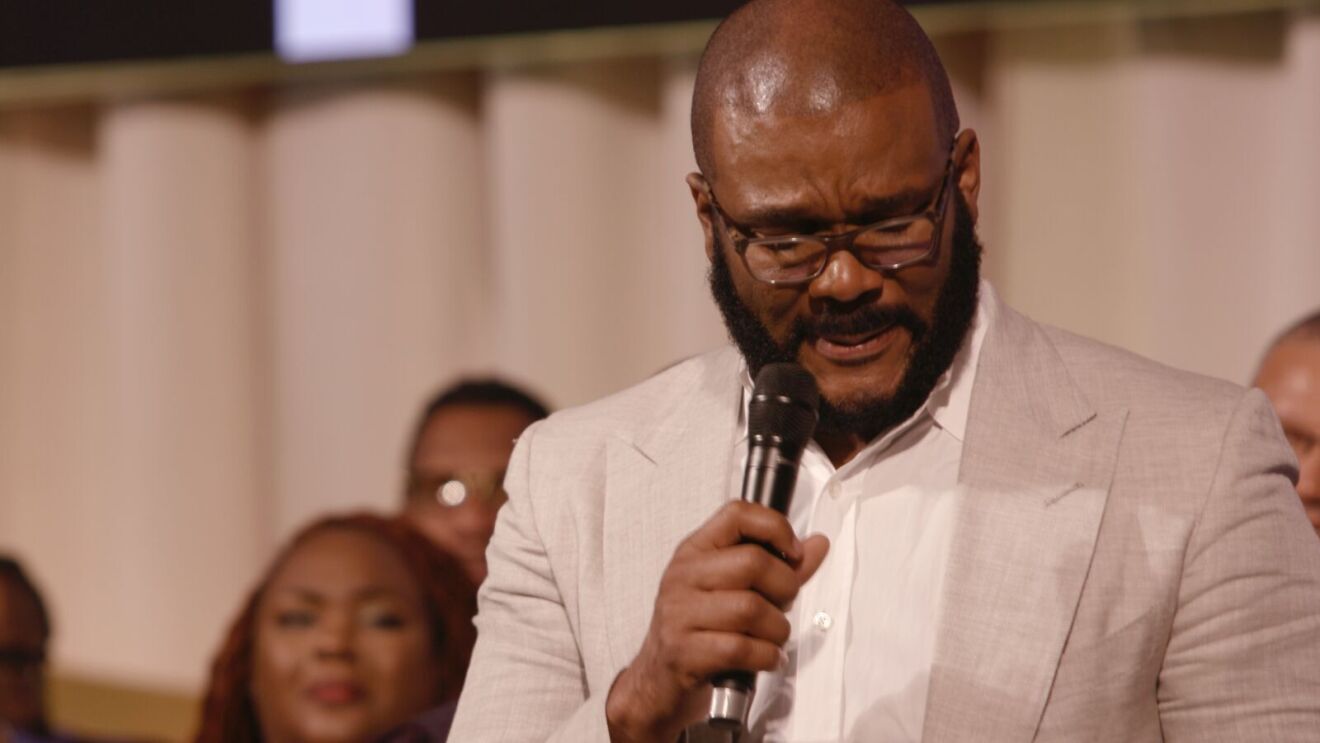
Bekele: He also had no clue what we were doing. When I first picked up the camera in the beginning, I was pregnant with our son. It was just like, ‘Something’s happening. Let me capture it.’ The first time he saw it was the before our film went to Amazon. When you don’t know what’s happening, you’re just moving, doing your thing, and at the end, he realized, ‘Oh wow! This is really becoming a film.’ We’re proud of him for being hands off. He’s controlled everything he’s done in his life.
What has been his reaction?
Bekele: We were really nervous. How do you paint the painter and show them the final product? We were fortunate that he was really taken aback and again, this film is about him but it’s also much more. It’s about the community he represents, it’s about the heart of his mother, and the reason behind the drive and the process of hard work. These days, social media and our environment only shows us the end result. We never get to see the process of waking up in the morning and dealing with many obstacles. The process of the first 10 years of getting his plays up and running. Of no one believing in his vision. When he was the only one who understood where he wanted to go. But also coming from a place like New Orleans, which was once the murder capital of America. Most of his friends his age are either in jail or dead. So, surviving that alone is a story. And taking that and becoming a prominent American mogul. It’s pretty fascinating.
Trending news and stories



